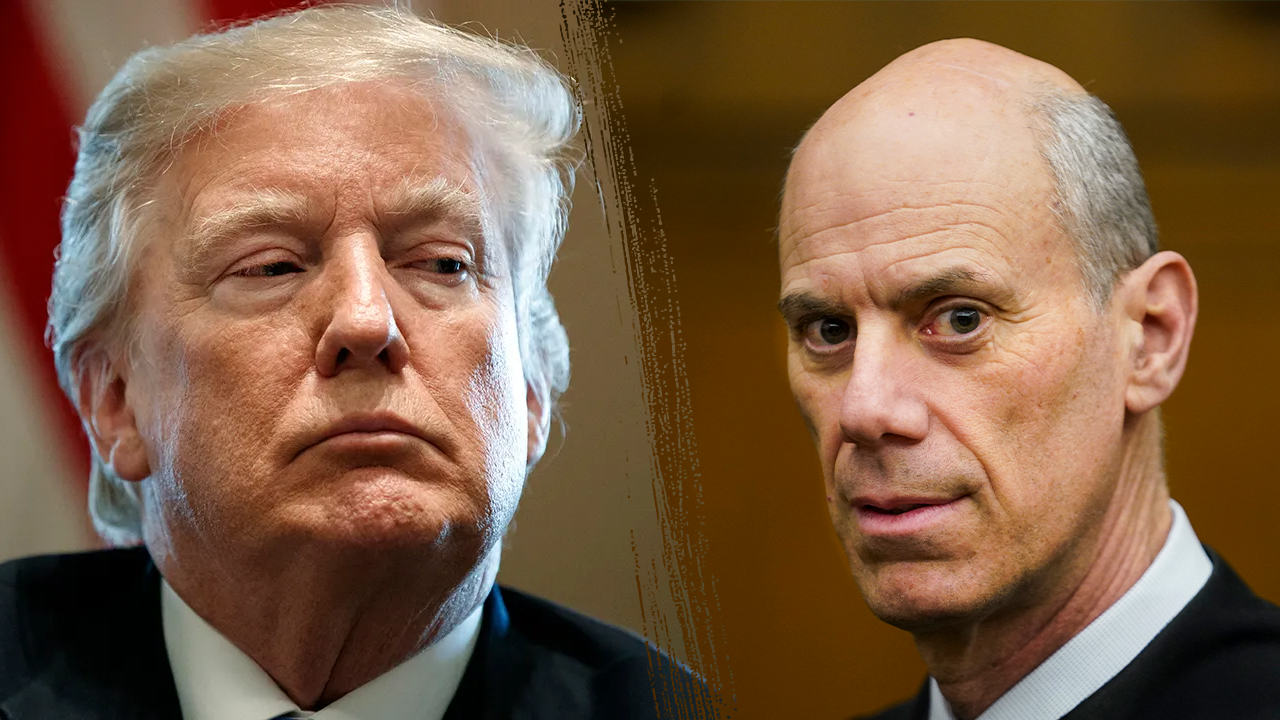The House of Representatives passed a bill Wednesday to limit federal district judges’ ability to affect Trump administration policies on a national scale.
The No Rogue Rulings Act, led by Rep. Darrell Issa, R-Calif., passed the House and limits district courts’ power to issue U.S.-wide injunctions, instead forcing them to focus their scope on the parties directly affected in most cases.
All but one Republican lawmaker voted for the bill, which passed 219 to 213. No Democrats voted in favor.
The Trump administration has faced more than 15 nationwide injunctions since the Republican commander-in-chief took office, targeting a wide range of President Donald Trump’s policies, from birthright citizenship reform to anti-diversity, equity and inclusion (DEI) efforts.
deleted by creator
And that still exists. It is merely the case that SCOTUS will have to check Federal power laws, and that the whole system doesn’t get torpedoed by a single Federal circuit judge making a single ruling on a case that may not even be 100% related to the bulk of what the policy is designed to do.
deleted by creator
They still have a jurisdiction to make a ruling, but not one that pauses the entire federal act when it is clear it will be appealed up to SCOTUS.
So the idea would be that a court with jurisdiction in California can make a ruling which applies to stopping a single Californian in unique circumstances from being deported under the specific law, but this cannot completely destroy the totality of the law.
And, just as we’ve seen, some of these rulings that would have crippled the government’s ability to remove violent criminals from society do go to SCOTUS and SCOTUS sides with the law.
They’re working out the kinks in the system.
deleted by creator
But this is not entirely accurate. The Supreme Court overrules these sorts of judgments with some regularity.
It is also logical to continue implementing the policies that would be unaffected by such a decision.
deleted by creator
There is no question, though, that convicted illegal immigrants are deportable, and that people unlawfully residing in the US are deportable.
It has already been established before that rights reserved for US citizens do not exist in the same way for aliens. This doesn’t just apply to things like voting and gun ownership, but even things like privacy - there isn’t any requirement for digitally spying on foreign citizens, for instance. You need a judge to sign off on digitally snooping an American citizens’ computer, but not for an alien.
Or do you think it’s fine to keep breaking the law for potentially months, until the Supreme Court can confirm what even the lowest courts were able to determine was illegal?
They should identify the potential conflict and, based on that, potentially hold what’s going on.
Just as such, if there was some fatal flaw or conflict of interest discovered with how a judge or detective conducted himself, it would not justify releasing all the connected criminals immediately. Rather, it would justify reviewing all these cases and then releasing people whom it was determined to have impacted.
Good points.
Every Republican is a traitor. Every single one.
Democrats can choose to start physically impending the legislative process whenever they feel like pushing back against the coup.
I keep watching the Neoliberals, and for some reason they aren’t doing anything that STOPS what is happening.
They might consider doing it eventually. I suspect the heat death of the universe will come first, though.
How can it be called a coup when there was an election…? Trump even won the popular vote. I don’t get it.
I don’t care if he cheated or whatever (has hinted at cheating multiple times)
He’s massively overreached the powers of his job.
When that happens it’s called tyrannical.
That is the least efficient way to do it so, it seems on brand.
Will this new law also apply in Western District of Texas, Amarillo Division?





